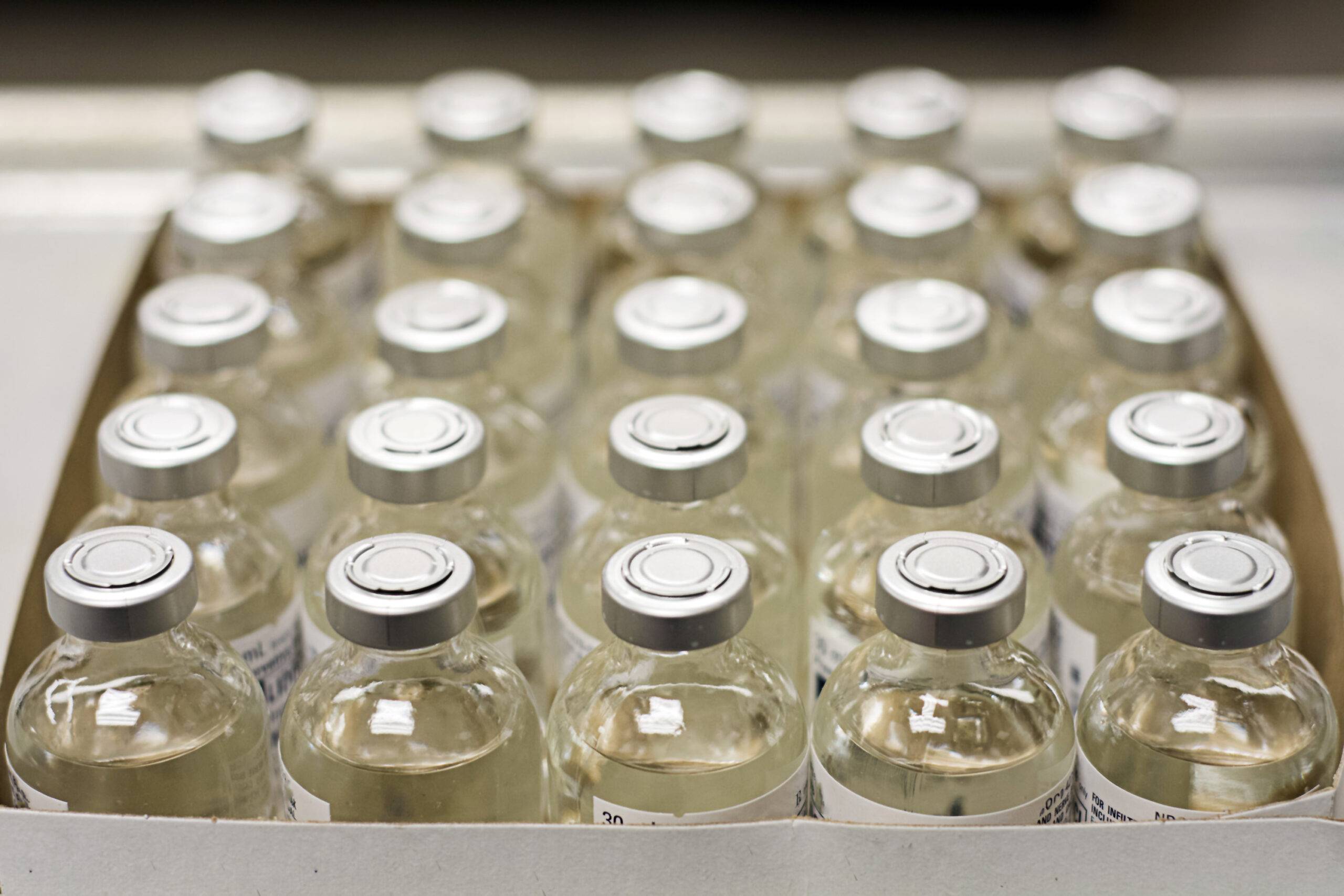The United States Department of Agriculture (USDA) has announced plans to rebuild a stockpile of avian influenza vaccines for poultry that will match the current virus strain circulating in commercial flocks and wild birds. This move comes in response to the persistent and devastating outbreak of avian influenza that has affected poultry and wildlife across all 50 states since early 2022.
According to a report by Reuters, the outbreak has resulted in the death of more than 130 million commercial, backyard, and wild birds, leading to record-high wholesale egg prices and significant economic losses for farmers. The virus has also spread to dairy cattle herds and has infected nearly 70 individuals, primarily farm workers who have been exposed to sick poultry or cattle. Tragically, the US reported its first human death related to bird flu in recent days.
The USDA had previously established a poultry vaccine stockpile following a major bird flu outbreak in 2014 and 2015, but those vaccines were never utilized. Now, the agency believes it is necessary to once again pursue a stockpile that aligns with the current outbreak strains, a decision supported by industry groups representing egg and turkey farmers who have called for the deployment of vaccines to mitigate the economic impact of culling infected flocks.
Despite calls for immediate vaccine deployment, Agriculture Secretary Tom Vilsack has cautioned that such action may not be feasible in the short term due to trade risks. Many countries have restrictions on importing vaccinated poultry due to concerns that the vaccine could mask the presence of the virus, posing challenges for US poultry exports.
During the previous outbreak, the USDA had purchased vaccines developed by companies such as Merck & Co and Ceva, as well as one developed by US government researchers. However, all of these vaccines expired before they could be used, highlighting the need for a more strategic approach to vaccine stockpiling and deployment.
David Suarez, a former laboratory director at the USDA’s Southeast Poultry Research Laboratory, noted in a 2023 interview that there was limited interest in rebuilding a vaccine stockpile without a clear plan for vaccination implementation. He emphasized the importance of allocating resources effectively to ensure the longevity and efficacy of any vaccine stockpile.
In response to the 2022 outbreak, animal health company Zoetis offered to supply vaccines to the USDA, but the government declined to make new purchases for its stockpile at that time. Instead, the USDA has focused on implementing a national bulk milk testing program to detect bird flu in dairy herds, with 28 states currently enrolled in the program.
Despite ongoing challenges and uncertainties, the USDA remains committed to addressing the avian influenza outbreak and protecting the health and welfare of poultry and livestock in the United States. By prioritizing the development of vaccines that match the current virus strain and implementing robust testing and surveillance programs, the USDA aims to mitigate the impact of future outbreaks and safeguard the country’s poultry industry.
